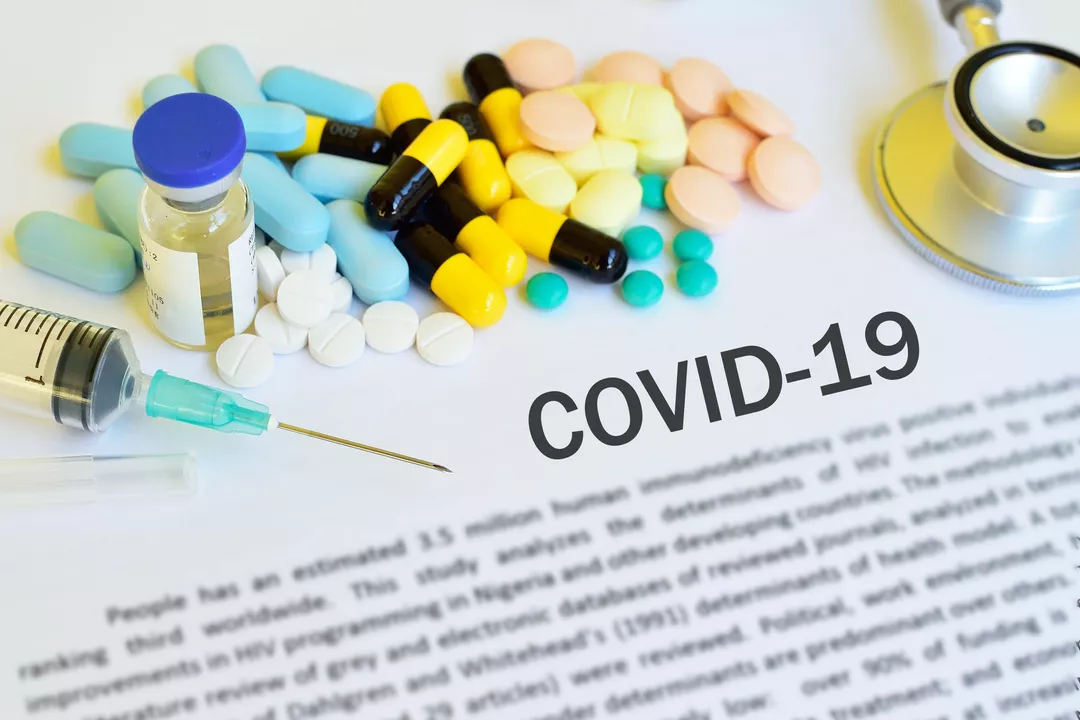Antibiotic Basics – What You Need to Know
Antibiotics are medicines that kill or stop bacteria from growing. They don’t work on viruses like the flu, so using them for a cold won’t help. Knowing when and how to take them can keep you healthy and avoid trouble.
Most antibiotics come in pills, capsules, liquids, or creams. Your doctor decides which one fits your infection based on where it’s located and what bacteria are likely causing it. Always follow the prescription exactly – finish the whole course even if you feel better early.
If you stop a course early, some bacteria survive and can become resistant. Resistant bugs don’t respond to standard drugs, making future infections harder to treat. That’s why doctors stress completing the full treatment.
Side effects are usually mild but can include stomach upset, diarrhea, or skin rash. Severe reactions like allergic shock are rare but need immediate medical help. If you notice any odd symptoms after starting an antibiotic, call your doctor right away.
Common Questions About Antibiotics
Can I take antibiotics with food? Some work best on an empty stomach, others need food to avoid stomach irritation. Your label or pharmacist will tell you the right way.
Do I need a refill if I finish early? No. Finishing early can cause resistance and may leave the infection unfinished. If you’re unsure about the dosage, ask your doctor before making any changes.
Are probiotics helpful? Yes. Probiotics can restore good gut bacteria that antibiotics sometimes wipe out. Yogurt or a supplement taken after the antibiotic course often helps keep digestion smooth.
What about over‑the‑counter antibiotics? In most places you need a prescription for safe use. Buying without professional guidance risks wrong dosing and resistance.
Find More on Our Site
Looking for deeper dives? Check out these popular posts under the antibiotic tag:
- How to Spot and Avoid Counterfeit Drugs When Shopping for Medicine Online – learn to verify safe sources.
- Herbal Remedies vs Prescription Medications: Clinical Efficacy Compared – see where natural options stand against drugs.
- Support Groups for Endometriosis: Real Help, Real Connection – discover community help for chronic conditions.
Each article gives practical tips you can apply right away. If you have a specific antibiotic question, use our search bar or drop us a note in the contact section.
Remember, antibiotics save lives when used correctly. Stay informed, follow your doctor’s advice, and keep an eye on side effects. With these basics, you’ll handle any prescription with confidence.

Sulfamethoxazole and its potential role in treating Lyme disease
- May, 15 2023
- 16
In my recent research, I came across Sulfamethoxazole, an antibiotic that has shown potential in treating Lyme disease. This bacterial infection is transmitted through ticks and can cause a wide range of symptoms, from fatigue to neurological issues. Sulfamethoxazole, often combined with other medications, works by stopping the growth of bacteria, which could make it a promising option for those suffering from Lyme disease. However, it's important to note that more research is needed to fully understand its effectiveness and possible side effects. I'll be keeping an eye on this development and will update you all as more information becomes available.
Categories
- Health and Medicine (63)
- Health and Wellness (57)
- Medicine (37)
- Women's Health (11)
- Mental Health (9)
- Men's Health (7)
- Beauty and Wellness (4)
- Health Information (4)
Archives
- February 2026 (9)
- January 2026 (25)
- December 2025 (28)
- November 2025 (25)
- October 2025 (27)
- September 2025 (14)
- August 2025 (3)
- July 2025 (2)
- June 2025 (2)
- May 2025 (3)
- April 2025 (4)
- March 2025 (4)
- online pharmacy
- medication safety
- dietary supplement
- health benefits
- dietary supplements
- generic drugs
- prevention
- fertility
- online pharmacy Australia
- side effects
- QT prolongation
- medication side effects
- diabetes medications
- GLP-1 agonists
- nocebo effect
- brand vs generic
- treatment
- treatment options
- benefits
- connection
